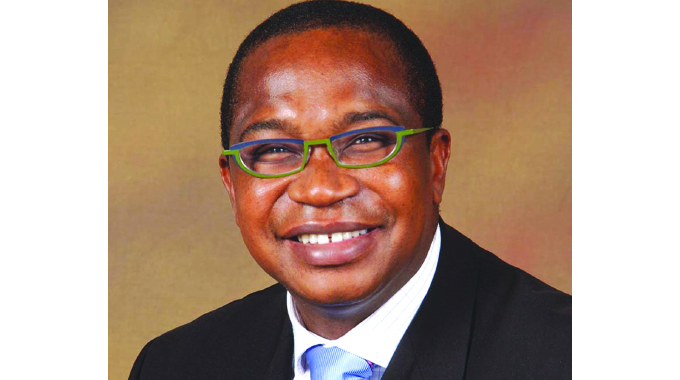EDITORIAL COMMENT: Rising robberies a wake up call for all

The rise in armed robberies must be directly linked to the growing trend of people and businesses keeping large sums of cash, especially foreign currency, on their person or on their premises, and then talking about it.
The latest major robbery, involved a gang of just four men hitting a cash-in-transit vehicle carrying armed security guards as well as US$100 000 and R500 000 in a pair of trunks.
The attack took place in Bulawayo outside the main Mukuru office, with the robbers apparently ready for the arrival of the van and ready to deal with the armed guards.
This is not the first vehicle carrying cash that has been hit, but it was hit at the most vulnerable moment, when it was parked for unloading, and where a ruthless gang, expecting it to be there, can most easily attack, neutralise the guards and get away with portable containers, the trunks, holding the cash.
This implies that someone, somewhere, in the organisation or its security company was talking and this information reached the robbery gang.
While police will be checking out the possibility of an inside job, that is an employee actually planning the robbery and sharing the proceeds, the intelligence could just as easily have come from someone talking to friends, quite innocently if very unwisely.
No doubt this robbery will cause a rethink in the security industry about what sort of upgrading of vehicles and procedures are needed. If criminals are becoming more sophisticated, then those who need to protect property and money need to follow suit.
But more worrying in many ways, if not in the sort of haul the robbers got away with this week, are the raids on business premises and homes that always seem to net large sums. Robbers sweep in, attack and disable security guards or family members, and then seem to know exactly where cash is kept and grab it, or blow open the safe, or even steal the safe.
Because they have the critical knowledge, the raid is very quick, and even if the police were alerted almost instantly and reacted very quickly the gang would in all probability be gone before the police arrived.
Again this implies that the more sophisticated gangs are not just taking pot luck, but are looking for targets and want to know where there is money and where that money is stashed.
Certain businesses are known to operate with high levels of cash, and while cash is supposed to be banked obviously it becomes known which businesses are not banking. Again it could be an inside job, or could be people talking, or could be a reconnaissance robber checking out the place and noticing where safes and the like are kept.
The police make almost continuous pleas, in fact after every robbery, for people not to keep cash and other very portable valuables at home and to bank their business cash frequently.
Then if there is a robbery not much gets stolen. The large underground cash economy does create the targets and does create the opportunities, and so the police advice seems sensible, even if people want to hoard cash.
The other way of dealing with robbery, besides withdrawing the target or making it a lot harder to attack through better security, is to make the risk of imprisonment very high for the robbery gang.
The police have been devoting more resources to tracking down robbery and burglary gangs and there are a number of these gangs now in jail, in the process of a trial, or on remand waiting for trial. This is critical since if there is a high probability of going to jail then that is the deterrent.
This is, after all, why our murder rate is very low indeed because there is an almost 100 percent certainty of being caught, arrested and then tried with a lot of evidence available for the court to make a decision.
But there is also need for the judiciary to maintain the very large sentencing premium when violence is involved.
There has to be a big gap in the sentences imposed on a thief who uses not violence, or even a fraudster, on one hand and on the violent gang on the other.
Generally crimes against the person, and this includes murder, robbery, rape, attempted murder and assault, need to be treated far more strictly than crimes against property.
With high levels of detection, and the police do devote more effort to tracking down those who hurt or kill others than to those who just steal, and sentences that make it clear that violent people will be removed from society for some time, we can keep violent crime under control.
We have been reporting a growing population, a more urban population and a growing economy. All three traditionally raise crime figures. More people means there are more targets and more thieves; a greater urban population means there are more places to hide and more targets. And the growing economy means there is more money to steal.
So much of the increase in crime can be expected. This is the same as the growing number of road accidents. There are more cars on the road and more drivers behind a wheel.
But that is no reason why we should shrug our shoulders and live with these increases. We can do something about it. For a start people can and should be more involved with their fellows.
We do not have to take risks and confront violence gangs, but we can witness what they do and make sure the police are told.
The police continually appeal for anyone who can help to approach “their nearest police station” and in the police reports we carry we frequently see that officers from a particular station or the CID were able to affect an arrest after a tip-off, so people are coming forward.
We can upgrade our personal and family security without much difficulty, and we can withdraw the target by banking our cash and not flashing it around.











Comments